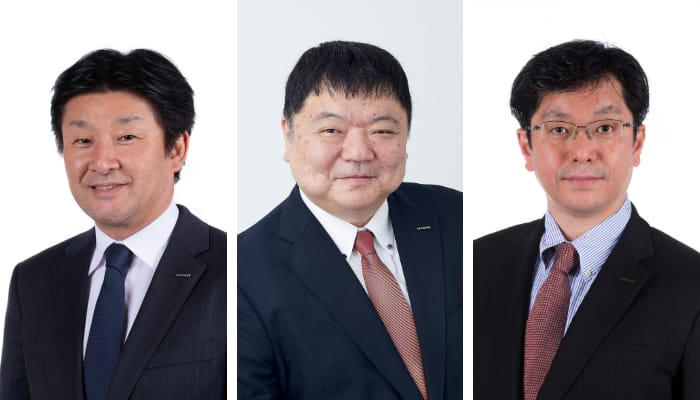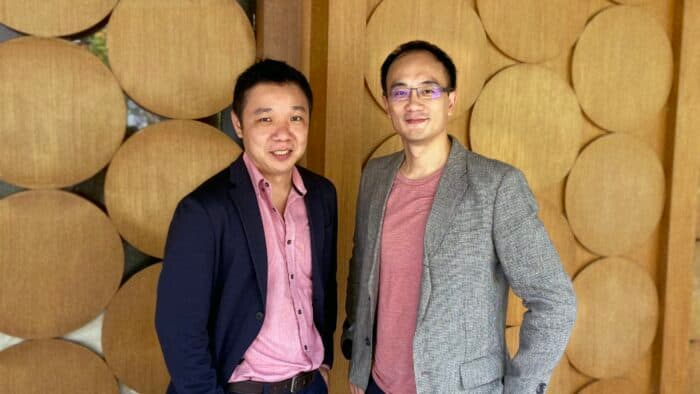Singapore – Marketing technology solutions provider AnyMind Group has recently acquired ENGAWA, a Japan-based marketing company that focuses inbound and outbound marketing solutions for Japanese businesses and local governments in Japan to reach international audiences.
The recent acquisition is the fourth move of AnyMind Group to acquire a Japan-based business to further bolster its efforts in the direct-to-consumer base market expansion in Japan. Furthermore the acquisition will tap into ENGAWA’s expertise in merchandising and distribution, and network of over 700 manufacturers throughout Japan.
ENGAWA, which is a subsidiary of the SUNNY SIDE UP Group, also focuses in providing marketing and influencer marketing solutions, and helps Japanese manufacturers and businesses distribute their products internationally. Additionally, ENGAWA owns and operates Tokyo Weekender, an English language lifestyle print and digital publication in Japan.
“The lifestyle of consumers and the ways businesses reach their customers are changing dramatically, with digital becoming increasingly important. New digital solutions will be the key element for market recovery in the future. By providing AnyMind Group’s superior technology and offerings to local governments and regional clients together with Engawa’s strong marketing know-how, we will look to create a new infrastructure for businesses in Japan and the region,” said Takanobu Ushiyama, CEO and founder of ENGAWA.
AnyMind Group has previously made a joint venture with the SUNNY SIDE UP Group in July 2019. The joint venture, known as AnyUp, provided g marketers, public relations professionals and influencers in Japan with a combined offering of AnyMind Group’s influencer network, AnyCreator, and platform for influencer marketing, AnyTag (formerly known as CastingAsia), together with SUNNY SIDE UP GROUP’s public relations expertise.
“Consumers today expect businesses to have more digital touchpoints, whether it is interacting with a brand or buying products. As such, businesses need to quickly transform to fit the needs of modern consumers. The acquisition of ENGAWA takes us a step closer to creating the business infrastructure for next-generation businesses, ultimately enabling us to fulfil our mission of making every business borderless,” said Kosuke Sogo, CEO and co-founder of AnyMind Group.



















